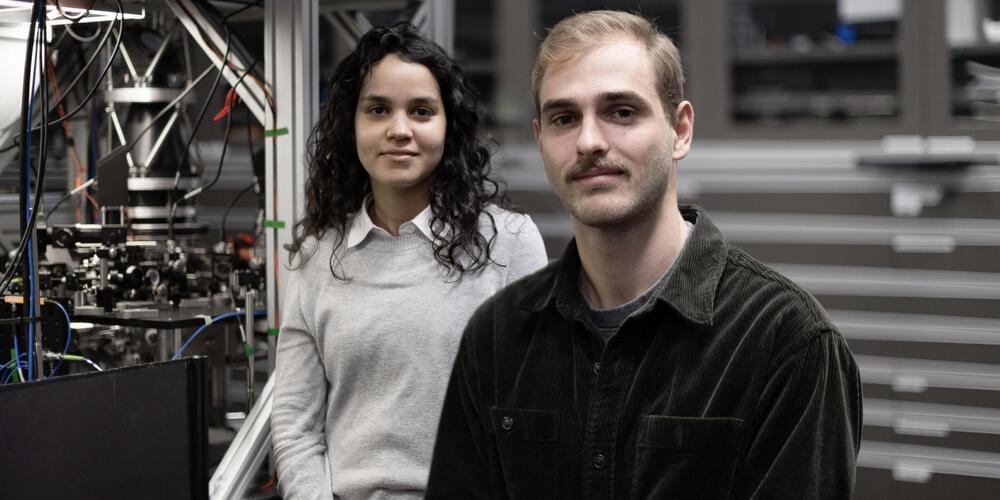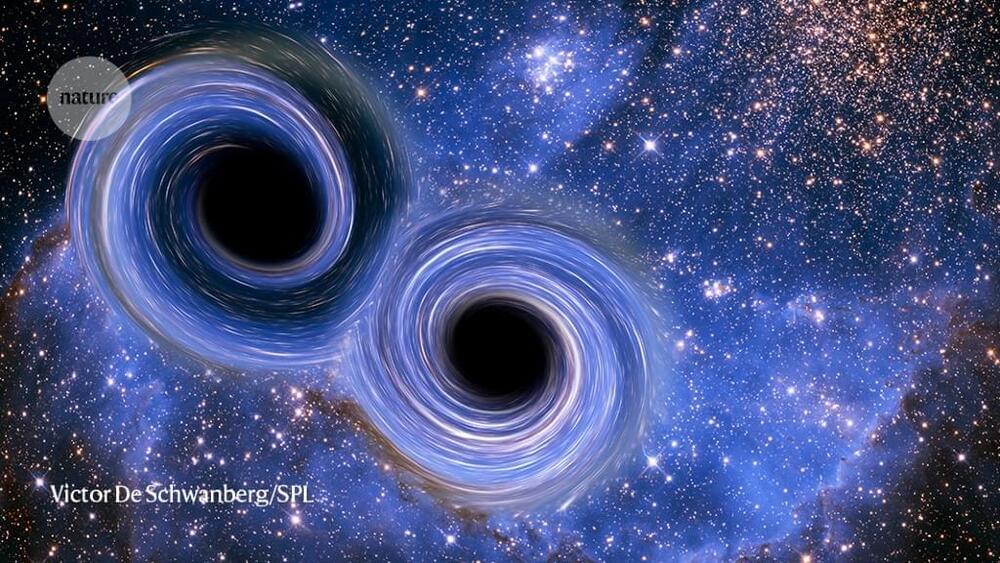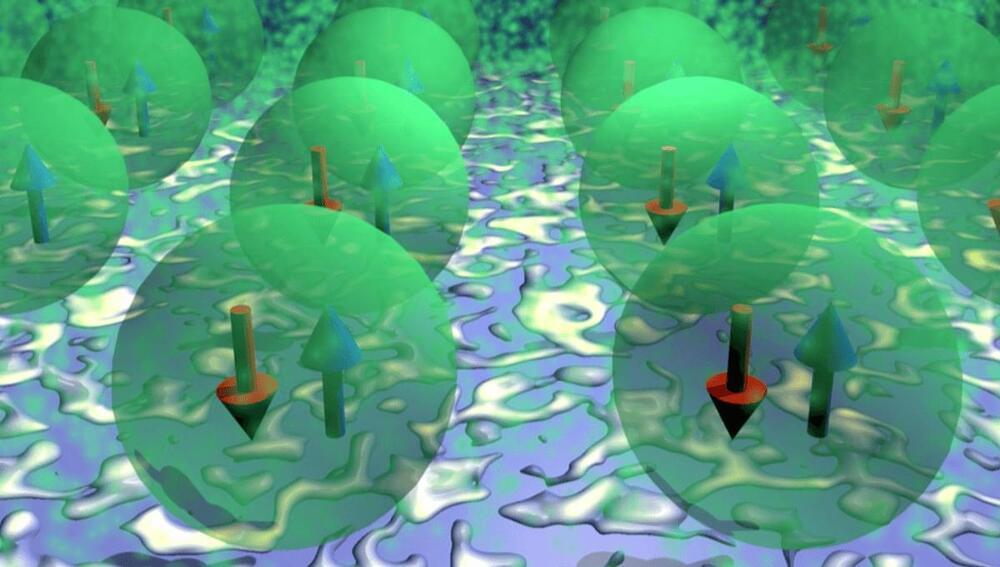Aug 28, 2023
Could We Transform America Into a Science-Industrial Complex?
Posted by Zoltan Istvan in categories: biotech/medical, government, health, military, neuroscience, science
I’m excited to share my new opinion article for Newsweek. It advocates for transforming America from a military-industrial complex into a science-industrial complex! Give it a read!
America spends 45 percent of its discretionary federal spending on defense and wars, while around us, the world burns in ways that have nothing to do with fighting or the military. Global warming has escalated into an enormous crisis. A fifth of everyone we know will die from heart disease. And an opioid crisis is reducing the average lifespans of Americans for the first time in decades. There’s plenty of tragedy, fear, and hardship all around us, but it has nothing to do with the need to make more bombs. It does, however, have to do with science.
It seems obvious America should do something different than spend so much of its tax dollars on defense. We should consider halving that money, and directing it to science, transforming America from a military-industrial complex into a science-industrial complex. Despite science and technological progress being broadly responsible for raising the standard of living around the world over the last 50 years, America spends only 3 percent of its GDP ($205 billion) on science and medical research across the federal government. Notably, this is dramatically less than the $877 billion the U.S. will spend on defense this year.
Continue reading “Could We Transform America Into a Science-Industrial Complex?” »


















